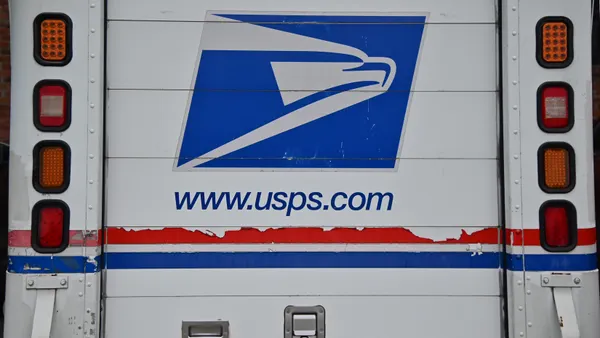Dive Brief:
- A bill submitted to Congress last week would require U.S. employers to offer 14 additional days of paid sick leave to their employees available immediately at the beginning of a public health emergency, including SARS-CoV-2, also known as the new coronavirus, according to a March 6 statement.
- Sponsored by Democrats Sen. Patty Murray, D-Wash., and Rep. Rosa DeLauro, D-Conn., the bills would also allow employees to accrue seven days of paid sick leave generally. The leave would cover days during which a worker's child's school is closed due to a public health emergency, when their employer is similarly closed or if a family member is quarantined or isolated due to such an emergency.
- According to the statement, community transmission of COVID-19 has "highlighted the urgent need to pass paid sick leave legislation immediately."
Dive Insight:
The emergence of SARS-CoV-2 is providing a shock to HR operations. As of March 10, the Centers for Disease Control (CDC) has reported 647 confirmed and presumptive positive cases in the U.S. across 36 states and Washington, D.C. The agency has published an interim guidance document for businesses and employers that includes a number of precautions, including: encouraging sick employees to stay home, separating sick employees from the rest of the workforce and emphasizing proper hygiene.
Paid sick leave may assist in encouraging those who have contracted the virus, or those who are at increased risk of contracting it, to stay home. The CDC recommends in its guidance that employers ensure their sick leave policies are "flexible and consistent with public health guidance" and that employees are aware of the policies.
Access to paid sick leave has grown in the past 10 years, with about 73% of U.S. private industry workers eligible to receive paid sick leave, according to data from the U.S. Bureau of Labor Statistics. Still, that access is not uniform, and some workers say they're unable to afford to take time off. Under the Family and Medical Leave Act, eligible employees employed by a covered employer may take up to 12 workweeks of unpaid leave in a 12-month period for serious health conditions that leave them unable to perform essential functions of their jobs.
Employee advocates reacted positively to the proposals. "We commend Senator Patty Murray and Rep. Rosa DeLauro for taking this sensible action to help protect individual and public health, especially now as the nation faces the COVID-19 outbreak," Wendy Chun-Hoon, executive director of the Family Values @ Work advocacy group, told HR Dive in an emailed statement. "We need action now to ensure that millions of people in the U.S. aren't exposed to the COVID-19 virus, or to other public health threats in the future, and that those who are have the time they need to recover or care for a sick family member."
But support for the bill may not be bipartisan. Republican Sen. Marco Rubio, Fla., said that the federal government's intervention shouldn't be required for employers to help stop the spread of COVID-19, McClatchy reported, but that such situations instead "require people to be decent human beings and do the right thing."
In addition to sick leave, employers may also opt to implement a remote work policy in order to reduce the risks posed by transmission of the new coronavirus. The CDC recommended last month that employers consider telework and other remote-work options, specifically recommending that businesses consider replacing in-person meetings with video or telephone conferences. There are a number of steps employers can take to ensure the success of any remote transition related to COVID-19, experts previously told HR Dive.












